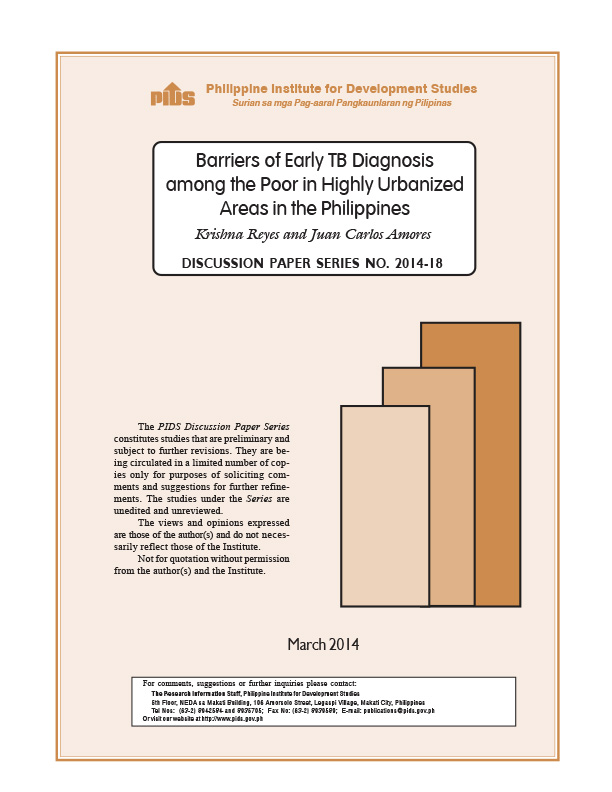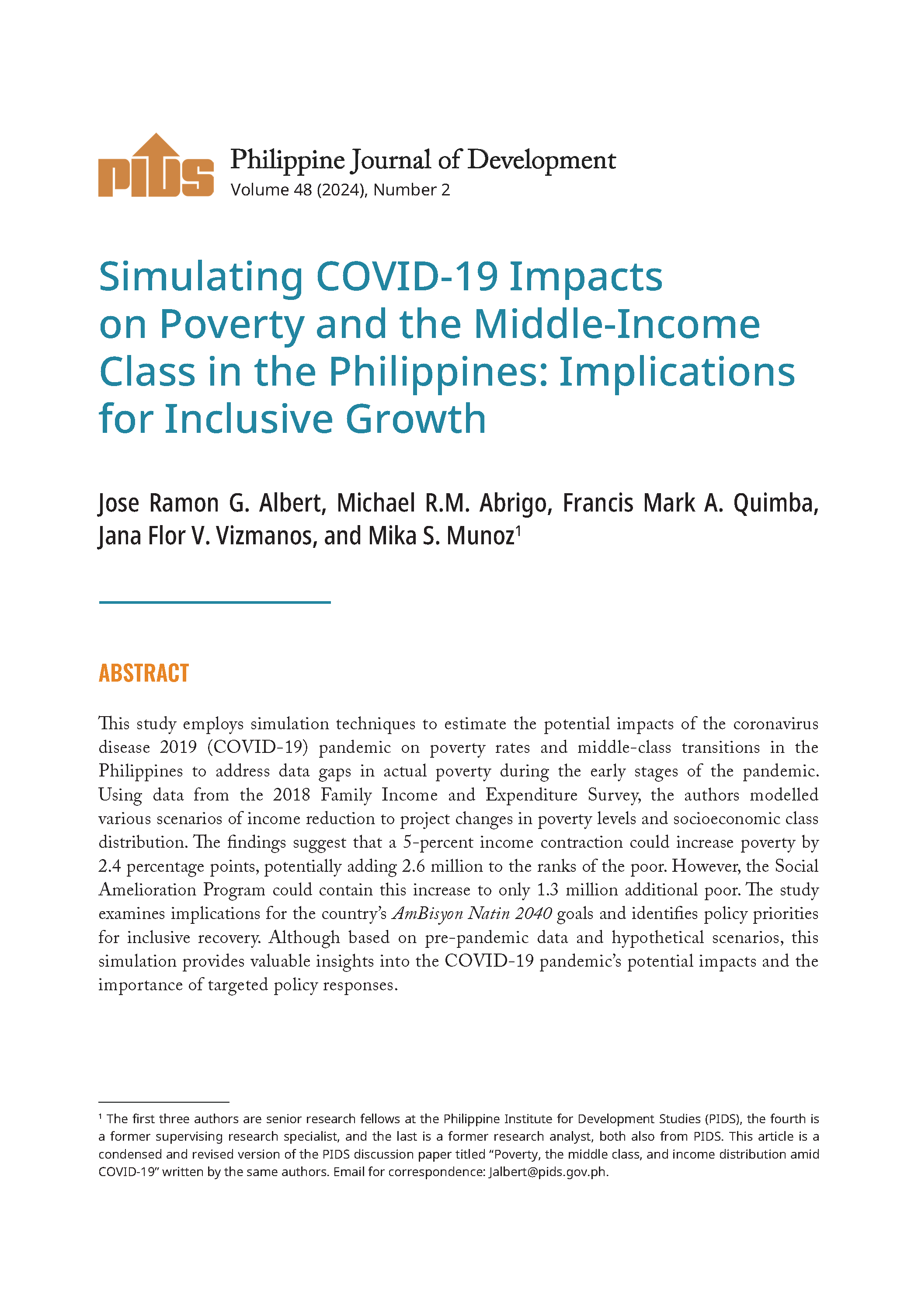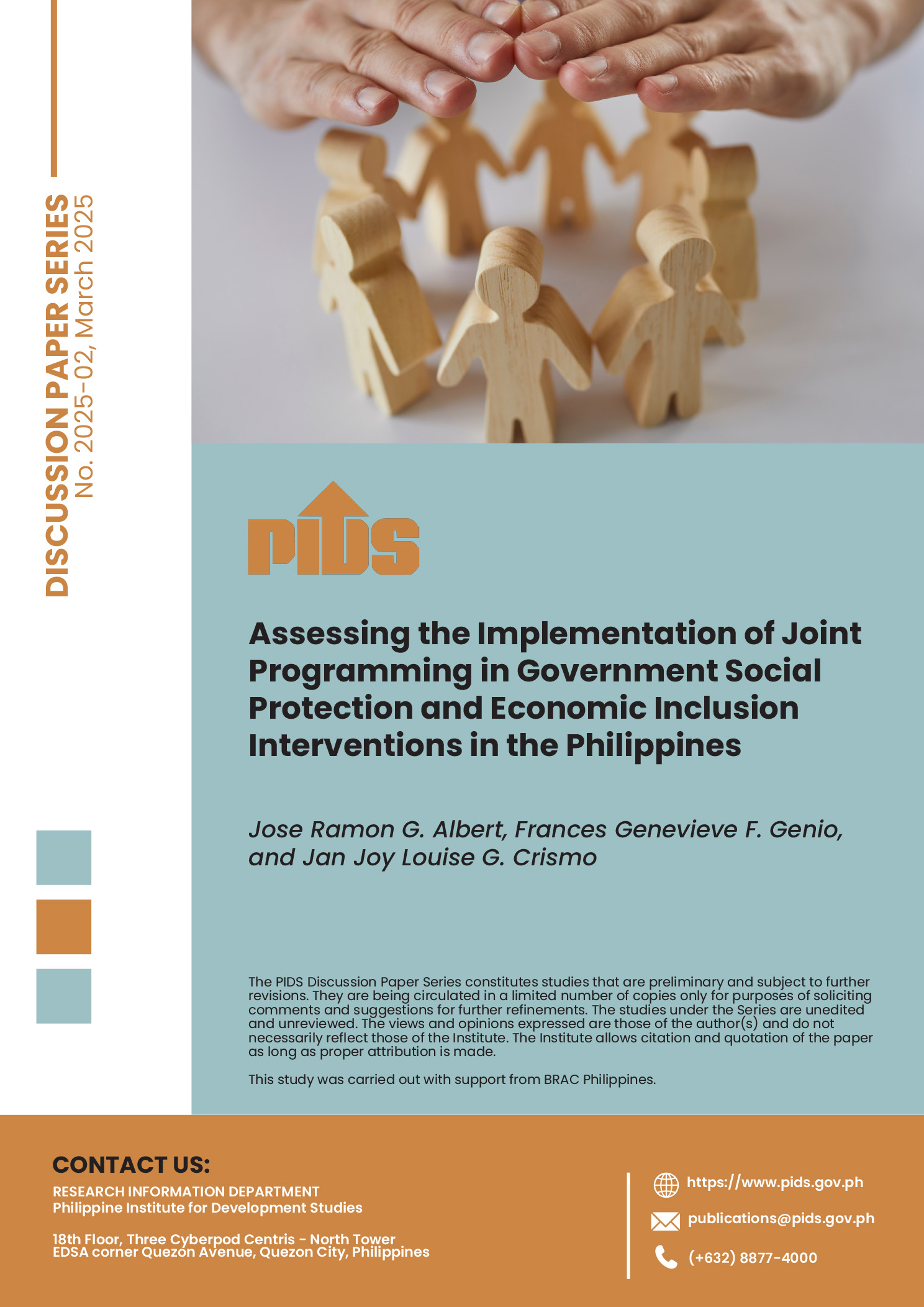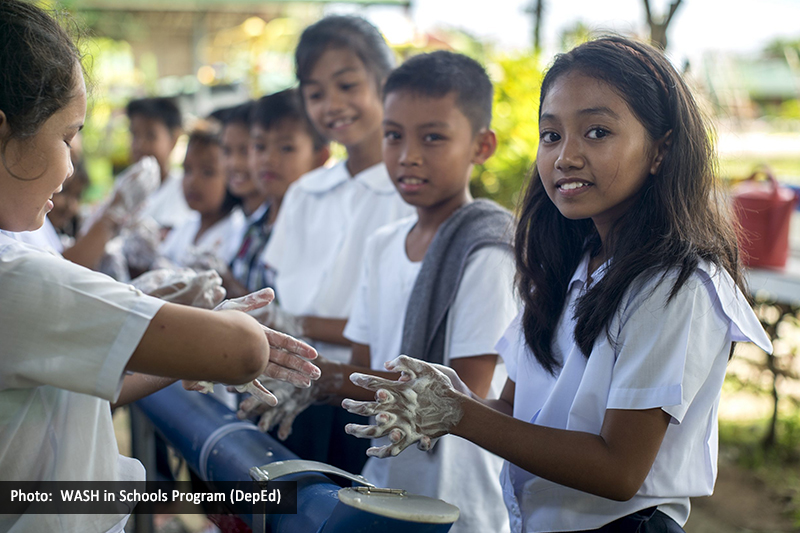Over the last decade, there was a significant drop in mortality and morbidity cases attributed to tuberculosis (TB). The high TB Case Detection (CDR) and Treatment Success Rates (TSR) may have underpinned the decreasing prevalence. Despite these successes, TB still appears to be a major health problem in the country. Disturbingly, the rate of decrease in the mortality and morbidity is not fast enough. This makes the country`s MDG goal targets on TB eradication shaky. The Philippines is also in the list of 27 countries with the highest burden of TB.
To further augment case detection rate and early diagnosis, this study aims to qualitatively explore the barriers to diagnosis among the poor highly urbanized population, one of the identified high-risk population groups. Using focus group discussions of TB patients with delayed diagnosis conducted in three highly urbanized cities in the Philippines, namely, Metro Manila, Cebu, and Davao, the researchers investigated and explored wide range of factors that hinder patients to seek health care despite the presence of triggering factors among urban poor. Results suggest sociocultural, financial, and health system factors are identified as important barriers. These factors ascertain the findings identified in most developing countries. This study hopes to augment the prevention and control program of the Department of Health and Philippine Health Insurance Corporation to increase awareness and health-seeking behavior.













